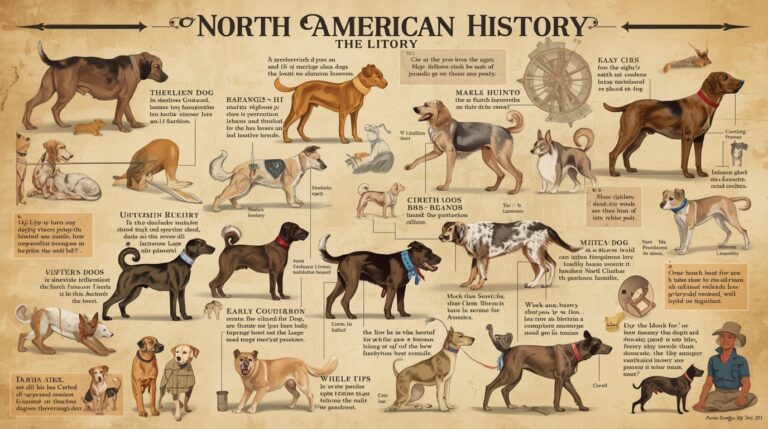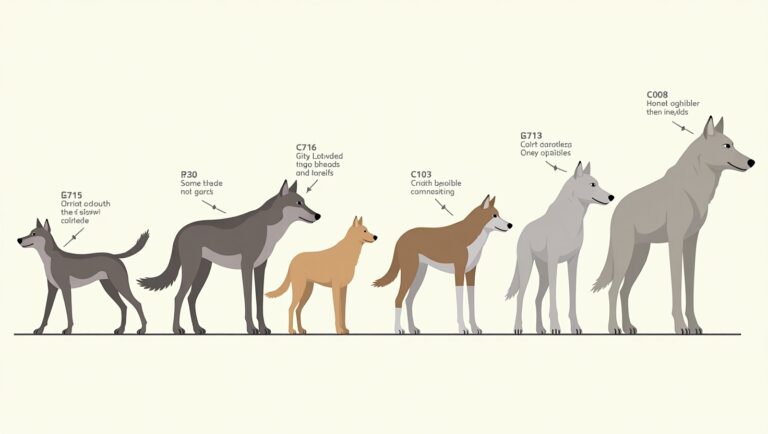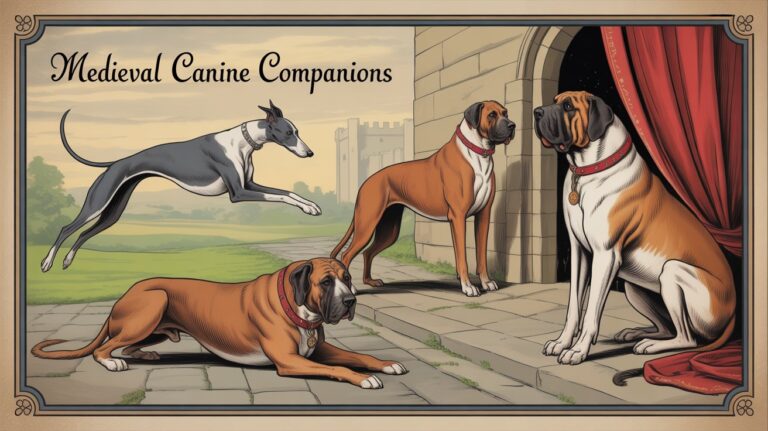Article: Shifting Perceptions of Dog Ownership

Introduction: The Evolution of Dog Ownership
Historically, dog ownership revolved around utility — dogs were hunters, guards, and workers. In modern society, they are increasingly viewed as companions, emotional supporters, and family members. This evolution reflects profound changes in how humans perceive their relationships with animals.
Over the past century, the perception of dogs has shifted from functional assets to valued emotional partners. A 2023 survey by the American Pet Products Association (APPA) found that 70% of U.S. households own a pet, and over 90% of them consider dogs “part of the family.”
Changing Definitions: What Does ‘Dog Owner’ Mean Today?
The term “dog owner” is being replaced with “pet parent” or even “dog guardian.” This semantic shift underscores a broader psychological transition: dogs are now seen as emotional dependents.
Pet parents invest in dog birthday parties, daycare, custom meals, and mental stimulation toys. Ownership now implies emotional, financial, and ethical responsibilities far beyond feeding and walking.
Cultural Shifts Across Generations
Each generation holds different beliefs about pet ownership:
- Baby Boomers often grew up with dogs as protectors or outdoor pets.
- Millennials and Gen Z consider dogs part of their emotional well-being, sometimes delaying marriage or children in favor of adopting a pet.
According to Rover’s 2024 report, 57% of millennials refer to themselves as “dog moms” or “dog dads.”
The Influence of Media and Pop Culture
Pop culture has helped transform dog ownership perceptions:
- Instagram accounts like @tuckerbudzyn (3.3 million followers) show dogs as relatable “personalities.”
- Films like Marley & Me and A Dog’s Purpose reinforce the emotional bond between humans and dogs.
Dogs in advertising are no longer symbols of status — they now represent empathy, loyalty, and connection.
also read this Cultural Representation of Dogs Through History
The Humanization of Dogs
Humanization trends are widespread:
- Over 45% of American dog owners celebrate their dog’s birthday.
- Some couples now host dog weddings or pup-posals for fun or social media.
This anthropomorphizing trend affects everything — from healthcare to behavioral expectations.
Pet Adoption and the ‘Adopt Don’t Shop’ Movement
The ‘Adopt Don’t Shop’ campaign has reduced the stigma around rescue dogs:
- Shelters report increased adoption rates since 2015.
- The ASPCA estimates that 3.2 million shelter dogs are adopted annually.
Pet influencers and celebrities adopting rescues have helped normalize adoption as a status-positive act.
Breed Stigma and Advocacy
Certain breeds suffer from historical bias:
- Pit bulls, Dobermans, and Rottweilers have been unfairly labeled as aggressive.
- Activist groups now challenge breed-specific legislation (BSL) with behavior-based assessments.
Breed rebranding campaigns promote training and environment over genetics as the dominant factor in behavior.
Emotional Support Animals and Therapy Dogs
Dogs are widely recognized as emotional supports:
- ESA registration rose 70% between 2020–2023.
- Emotional support animals differ from service dogs (protected under ADA) and therapy dogs (trained to support others).
This surge reflects increasing awareness of the mental health benefits of dog companionship.
Urbanization and Dog Ownership
Urban dog owners face space and time challenges:
- Dog walkers, daycares, and indoor parks are rising in popularity.
- Real estate developers now advertise pet-friendly amenities like rooftop dog runs.
This adaptation marks how cities are adjusting to dogs becoming urban family members.
Pet-Friendly Workplaces and Travel
Companies like Amazon, Google, and Etsy allow pets at work, promoting reduced stress and better morale.
Meanwhile, pet travel is booming:
- Airlines now offer pet cabins or climate-controlled cargo holds.
- Hotels like Kimpton and Marriott provide dog-friendly rooms with treats and toys.
Financial Responsibility and Pet Insurance
Modern dog ownership is costly:
- The average dog costs $1,400–$3,000 annually for basic care.
- Over 4.85 million dogs in the U.S. are now covered by pet insurance.
Insurance helps offset costs from vet emergencies, chronic illness, or surgery.
Veterinary Advancements and Pet Healthcare
Veterinary medicine has advanced rapidly:
- Telehealth services for pets are now widespread.
- Lifespan-extending treatments like stem cell therapy and canine cancer immunotherapy are available but costly.
These trends reflect how owners view dogs as lifelong family members deserving of advanced care.
Ethical Breeding and Animal Rights
Increasing scrutiny surrounds dog breeding:
- Puppy mills have been outlawed in many jurisdictions.
- Responsible breeders prioritize genetic health, temperament, and environment.
The trend favors adoption or ethical breeding, supported by legislative pressure and consumer demand.
Pet Custody in Divorce or Separation
Pets are now part of legal custody agreements:
- Several U.S. states have laws allowing judges to consider pet well-being in divorce cases.
- Legal battles reflect dogs’ emotional significance to both parties.
Pets are no longer treated as property but as emotionally invested dependents.
Rise of Pet Tech and Dog Gadgets
Technology is reshaping dog ownership:
- Smart collars track location, heart rate, and activity.
- Gadgets like Furbo or Petcube let owners talk to their dogs while away.
This market is projected to reach $20 billion globally by 2027.
Dog Training and Behavioral Science
Training methods have evolved:
- Positive reinforcement is now preferred over dominance-based training.
- Dog behaviorists often use cognitive and emotional mapping.
Training reflects an understanding of dogs as thinking, feeling beings, not programmable machines.
Canine Nutrition and Wellness Trends
Owners now scrutinize what dogs eat:
- Raw diets, grain-free, and human-grade food are in demand.
- Supplements for anxiety and CBD dog treats are mainstream.
This trend mirrors human health fads, further blurring the pet-human boundary.
Global Differences in Dog Ownership
Attitudes vary by region:
- Japan has luxury dog spas and strollers.
- In some parts of Europe, dogs are allowed in restaurants and public transport.
- Developing nations may still prioritize working or street dogs over companionship.
Laws, culture, and infrastructure heavily influence ownership norms.
Environmental Impact and Sustainability
Dog ownership impacts the planet:
- Waste bags, plastic toys, and food packaging add to landfills.
- Eco-conscious brands offer compostable poop bags and plant-based dog food.
Sustainability has entered the pet market, aligning with broader environmental values.
The Future of Dog Ownership
Future trends include:
- Cloning (already offered by Viagen Pets for $50,000+)
- AI robot dogs and virtual pets
- Potential legal personhood or expanded rights for animals
As perceptions continue evolving, dog ownership may blur further into interspecies cohabitation and legal guardianship.





